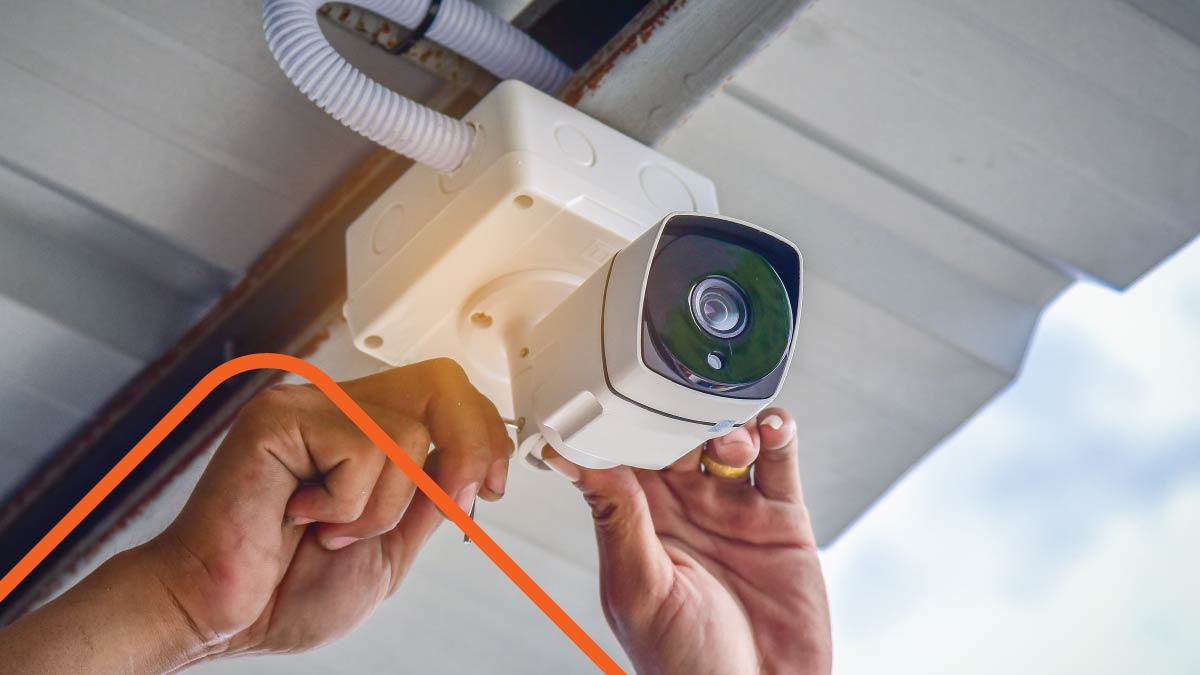
Rising public safety and security concerns have fueled a surge in demand for IP (network) cameras. According to Grand View Research, in 2024, the U.S. IP camera market generated approximately $2.76 billion in revenue—and it’s projected to nearly double to $5.55 billion by 2030, reflecting a robust 11.9% compound annual growth rate (CAGR) from 2025 to 2030.
IP cameras offer a range of benefits, propelling their commercial adoption. Let’s explore four key trends in the IP camera market shaping the future of business security.
1. Intensified focus on loss prevention
Loss prevention has become a critical concern for retailers, given the rising incidences of theft and fraud. According to the National Retail Federation (NRF), retailers reported a 93% increase in shoplifting incidents per year in 2023 versus 2019. This highlights the urgent need for effective security measures, including more widespread adoption of IP cameras.
IP cameras offer a range of features that bolster loss prevention efforts in retail environments. With their high-resolution video capabilities, these cameras provide clear and detailed footage, enabling businesses to effectively identify and gather evidence.
2. AI advancements fuel commercial markets
AI-powered analytics offer predictive insights about customer behavior, allowing businesses to optimize their operations. Also, intelligent IP cameras detect suspicious activities, such as loitering, and help alert authorities to potential threats.
AI is quickly becoming an integral part of IP security cameras, improving the accuracy of video surveillance and providing valuable insights.
3. Replacement of analog CCTV
Businesses continue to replace analog CCTV cameras with IP cameras due to their numerous advantages, including:
- Superior resolution
IP cameras capture high-resolution images with greater detail and clarity. This enables businesses to gain a clear view of their premises, making it easier to accurately identify individuals, objects, or events.
- Remote accessibility
Authorized personnel can monitor their premises from anywhere using a computer or mobile device.
- Improved data storage capabilities
These cameras provide improved storage and the convenience of Power over Ethernet (PoE), eliminating the need for separate power cables.
The shift from CCTV to IP cameras marks a significant transformation in how businesses approach security. IP cameras revolutionize the security landscape, like the transition from traditional to Voice over Internet Protocol (VoIP) telephony.
4. A shortage of skilled professionals
In the past, hiring an electrician to put in a CCTV was a viable option. But now, it’s not the best choice. While electricians have skills above and beyond pulling cable, they typically don’t have the networking knowledge to configure an IP camera.
IT technicians have the skills to pull and terminate ethernet cable and configure a new device to ensure it functions as expected.
Businesses that leverage these trends will reap rewards as IP camera adoption accelerates. The Field Nation network includes 3,000+ qualified technicians to support your security projects. Contact our team to learn how our marketplace can help you navigate your network and security needs.






